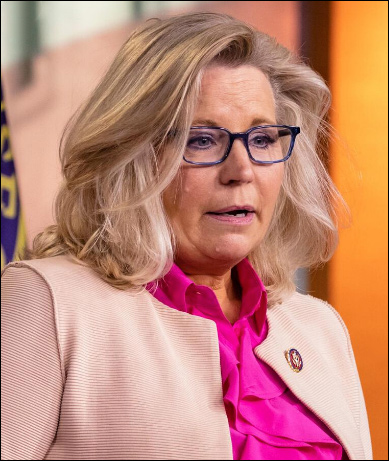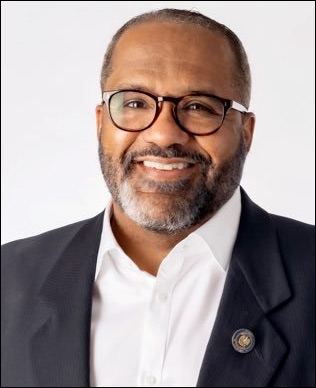By Jim Ellis — Monday, Jan. 29, 2024
Senate

Texas Sen. Ted Cruz (R) / Photo by Gage Skidmore
The poll is not particularly surprising in that Sen. Cruz’s personal favorability numbers have never been particularly good. However, there are a number of things that favor Sen. Cruz: the presidential election turnout model, Trump beating Biden in the state, the Biden energy policies being detrimental to Texas, and the southern border controversy — all play politically to Sen. Cruz’s favor. Therefore, despite the likelihood that we will see many close Texas Senate polls between now and the November election, the actual votes will favor Sen. Cruz winning re-election by a relatively comfortable margin.
New Mexico: Republicans Making Move to Challenge Sen. Heinrich — In order to expand what is a favorable Republican US Senate map, a prominent member of the GOP announced her candidacy. Nella Domenici, a former hedge fund CEO and daughter of the late six-term Sen. Pete Domenici (R), is the latest Republican to declare for the seat. Last week, former Bernalillo County Sheriff Manny Gonzales switched parties to enter the GOP Senate primary. The eventual winner of the June 4 Republican primary will challenge two-term incumbent Sen. Martin Heinrich (D).
The senator is favored for re-election, but Republicans improving among Hispanics could make this a competitive contest. New Mexico’s Hispanics register 50.2 percent of the state population universe according to the latest US Census report. The last time Republicans won a New Mexico statewide race was in 2014 when then-Gov. Susanna Martinez was re-elected. An August Public Policy Polling survey showed President Biden topping former President Trump 49-41 percent, suggesting the state could become competitive in the national election.
House
NV-3: GOP Ex-State Treasurer Announces for House — Earlier this month, Republicans lost their top congressional recruit in state Assemblywoman Heidi Kasama (R-Las Vegas), who instead of running for the House will seek re-election to what could become a tight Nevada Assembly. Kasama was clearly the top contender for the GOP nomination in a seat that is the most winnable for a Republican (FiveThirtyEight data organization rating: D+2) of the three Las Vegas competitive districts.
Now, former State Treasurer Dan Schwartz (R) is coming to the forefront to announce his congressional candidacy. While winning a statewide position in 2014, Schwartz has not fared well since, losing landslide races in his attempts to be elected governor, lieutenant governor, and a previous run for the 3rd Congressional District. It is likely the Republicans will have to recruit a stronger candidate against Rep. Susie Lee (D-Las Vegas) if they are to move this race into the top tier.
Wisconsin: Congressional District Lines Challenged — A citizens group that famed Democratic election lawyer Marc Elias represents filed suit before the Wisconsin state Supreme Court arguing that the panel’s rejection of the state Senate and Assembly maps compels them to reconsider striking down the state’s congressional map.
According to the Daily Kos Elections site’s legal analysts, the legislature’s maps were returned for a re-draw because the court rejected the “least change” (from the previous map) practice that the legislature relied upon to draw the 2021 maps. The Elias group’s lawsuit maintains that the congressional map was also drawn under the “least change” practice, and therefore should be redrawn.
So far, however, the court has not taken action against the congressional map and time is running out. The secretary of state has informed the court that unless new maps are enacted into law by March 15, they will not be able to convert the electoral system in time for the 2024 election.





 In looking at all 435 US House districts, we see that 168 electoral contests were decided with the winner receiving less than 60 percent of the vote. A total of 53 campaigns featured the victor receiving 52 percent or less. These 53 results yielded 27 Democratic wins and 26 for the Republicans. Of those, eight, four for each party, produced a plurality result with neither candidate obtaining majority support. It is these latter eight elections where we concentrate our focus.
In looking at all 435 US House districts, we see that 168 electoral contests were decided with the winner receiving less than 60 percent of the vote. A total of 53 campaigns featured the victor receiving 52 percent or less. These 53 results yielded 27 Democratic wins and 26 for the Republicans. Of those, eight, four for each party, produced a plurality result with neither candidate obtaining majority support. It is these latter eight elections where we concentrate our focus. 